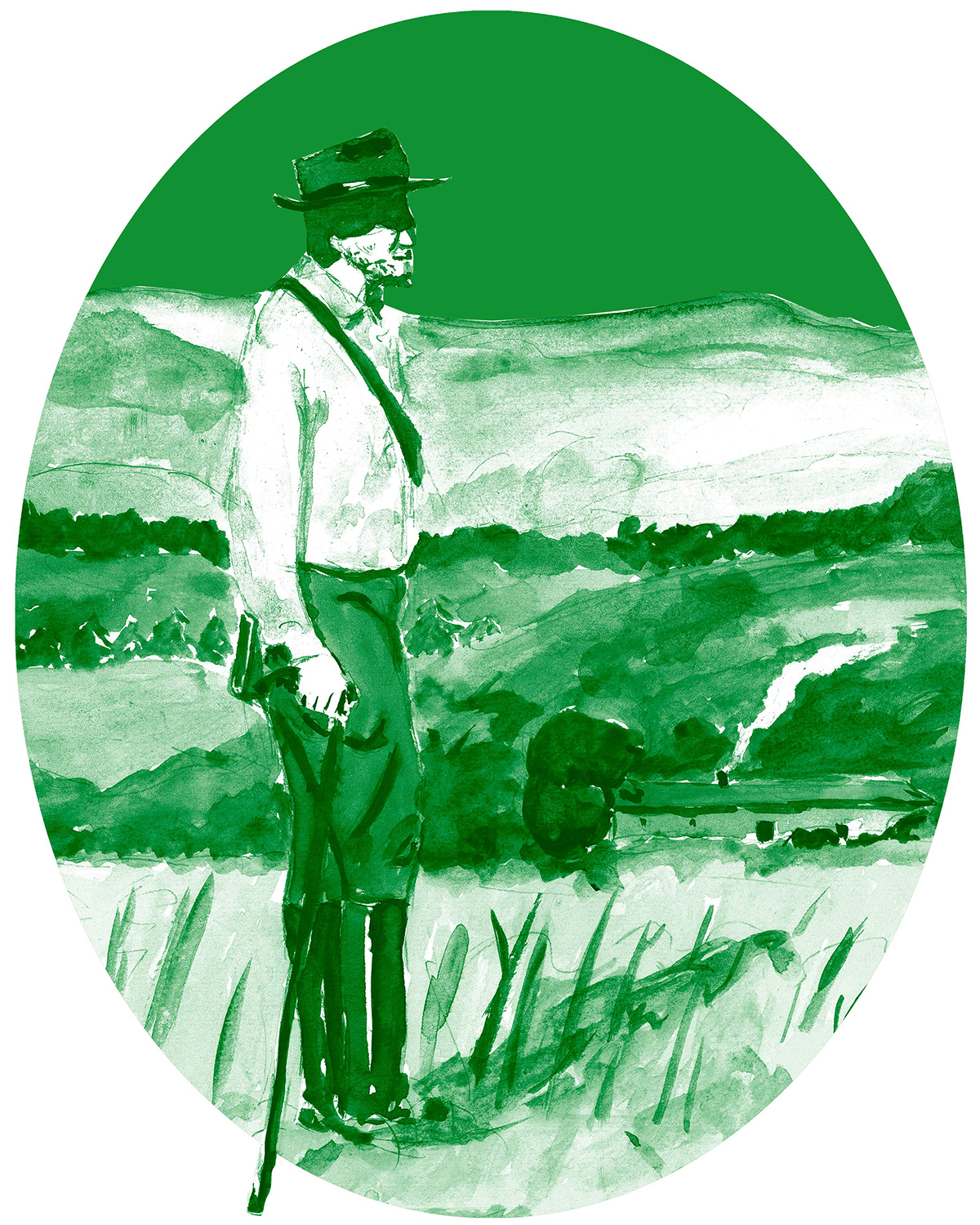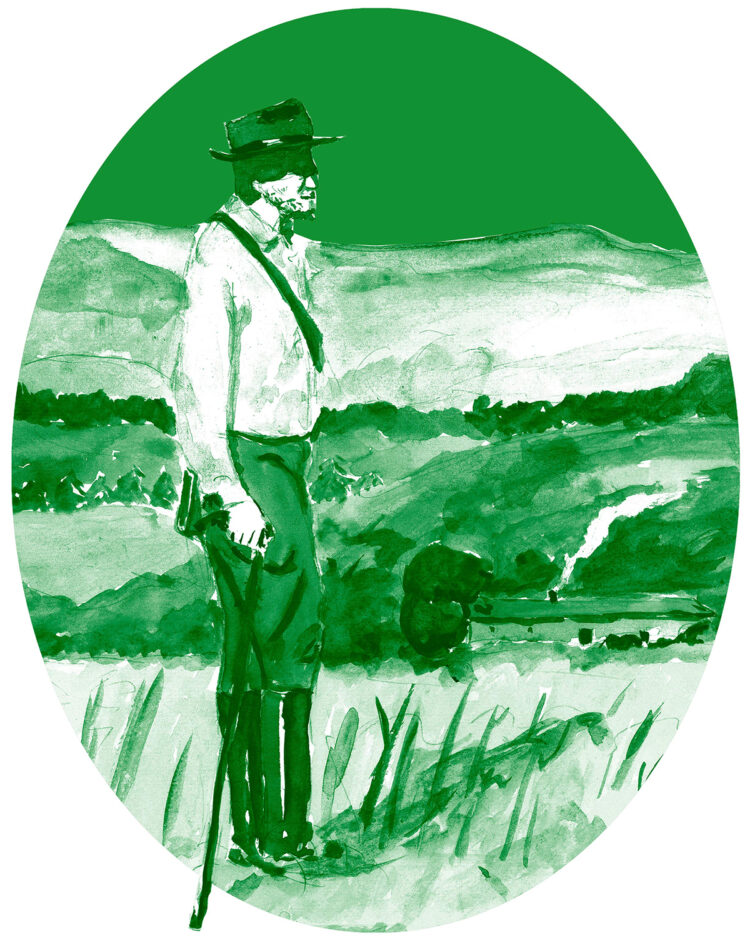(Ephesians 5:8)
Parents, leaders, and educators, we have a mission, a duty to lead children's souls toward the Light which will be their guide and their happiness. In order to illuminate the way that lies before each one of us, once a week we invite you to discover some of the words of certain wisemen and witnesses, measuring their worth by the words of St. Thomas Aquinas: “Do not consider the one who speaks, but whatever good you hear from him, confide it to your memory.” (from The Sixteen Ways to Acquire the Treasure of Knowledge by St. Thomas). Happy reading!

“It’s in the French nature not to love a life that is too easy. Well, they have what they want. The French weren’t made to be soft.”
Henri Pourrat (1887-1959)
Writer
“France owes Gaspard des montagnes and all the works of Henri Pourrat to tuberculosis. He was preparing his career as a forest and waterway officer, and had already been admitted to the Forestry Institute of Paris when the disease stopped him on the doorstep of this glorious school. “Take care of your lungs, get some good air, lie down as often as you can,” his doctor recommended, “and consume raw eggs.” When it became apparent that Henri had the terrible disease, all of Ambert [his native town], his family included, thought of him as lost for good. He even wrote his final will (…) In order to pass the time he composed little poems, chronicles, stories that he would send to the local paper L’Echo de la Dore. In 1918, his brother Jean was killed in a motorcycle accident. Henri coughed up blood; but he survived. He spoke slowly, with an almost inaudible voice, saving his breath – his neighbors called him “Mr. Not-in-a-hurry.” One day he decided to try writing a long novel centered around a story which must have been told a hundred times around the fire, or which could be read in a cheap paper-back: The Severed Hand. Before telling the story in his special way, he relived the story each day, visited the peasants and the masters, questioned the old folks: “Do you remember what your grandfather used to tell you about the Cossacks who occupied this region after 1815? About the police then? About the priests who had to hide? …” Then he would return home, his pockets stuffed full of notes, his legs weak with fatigue (…). When he had reached the end of the first stage, that is at the end of the first volume, he restarted his manuscript: perfection is the business of those who aren’t in a hurry. Pourrat had the honour of seeing his novel published as a serial in Le Figaro. It was an immediate and brilliant success – it was read in the cities and the countrysides, and it was often the first book ever owned in the tenant farms, with the exception of the Missal.”
Jean Anglade (1915-2017)
Writer
In the same category « Education – Pedagogy », also read :

